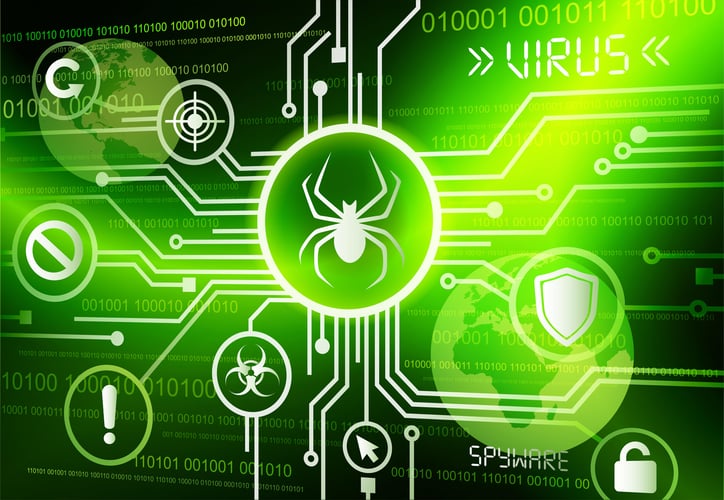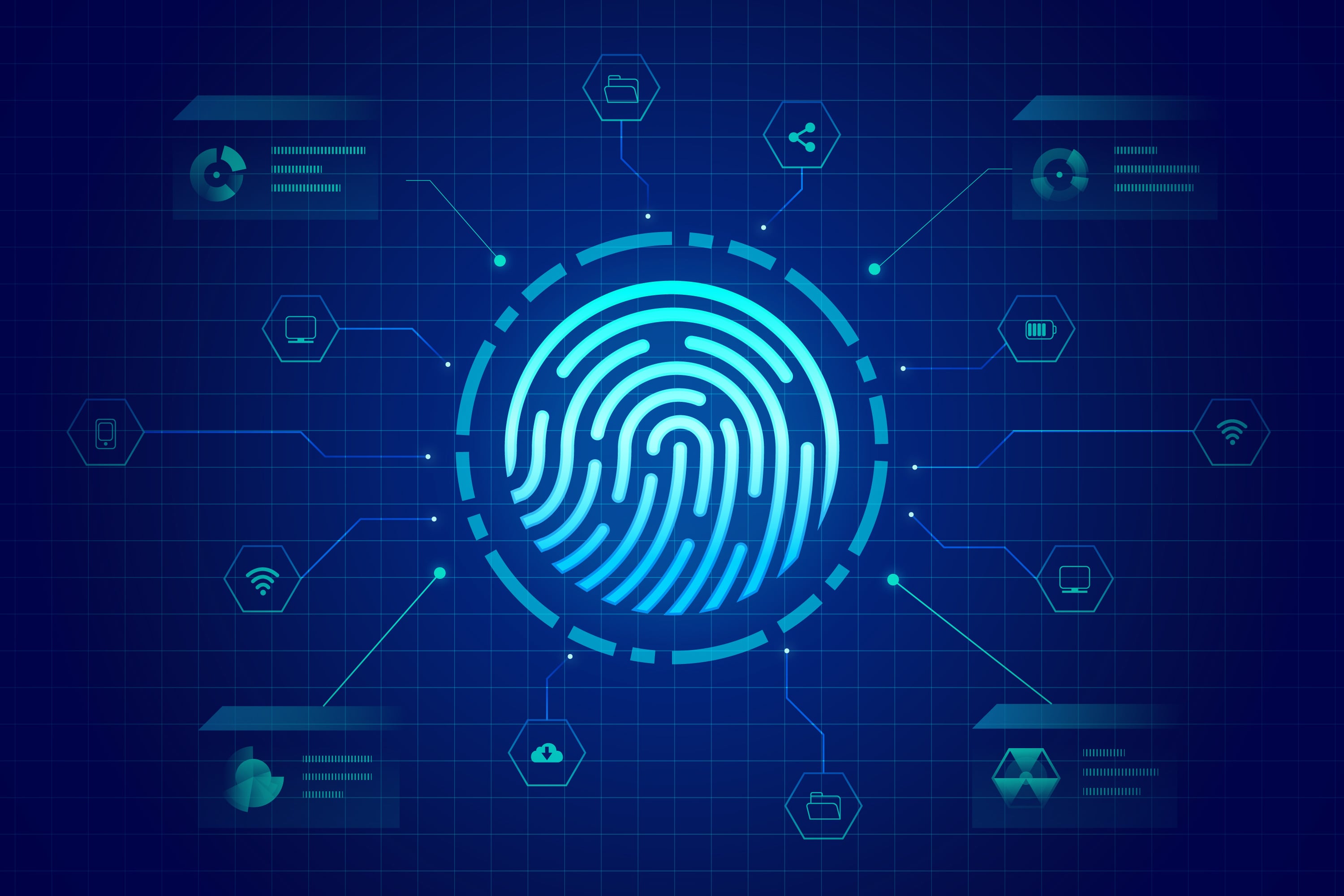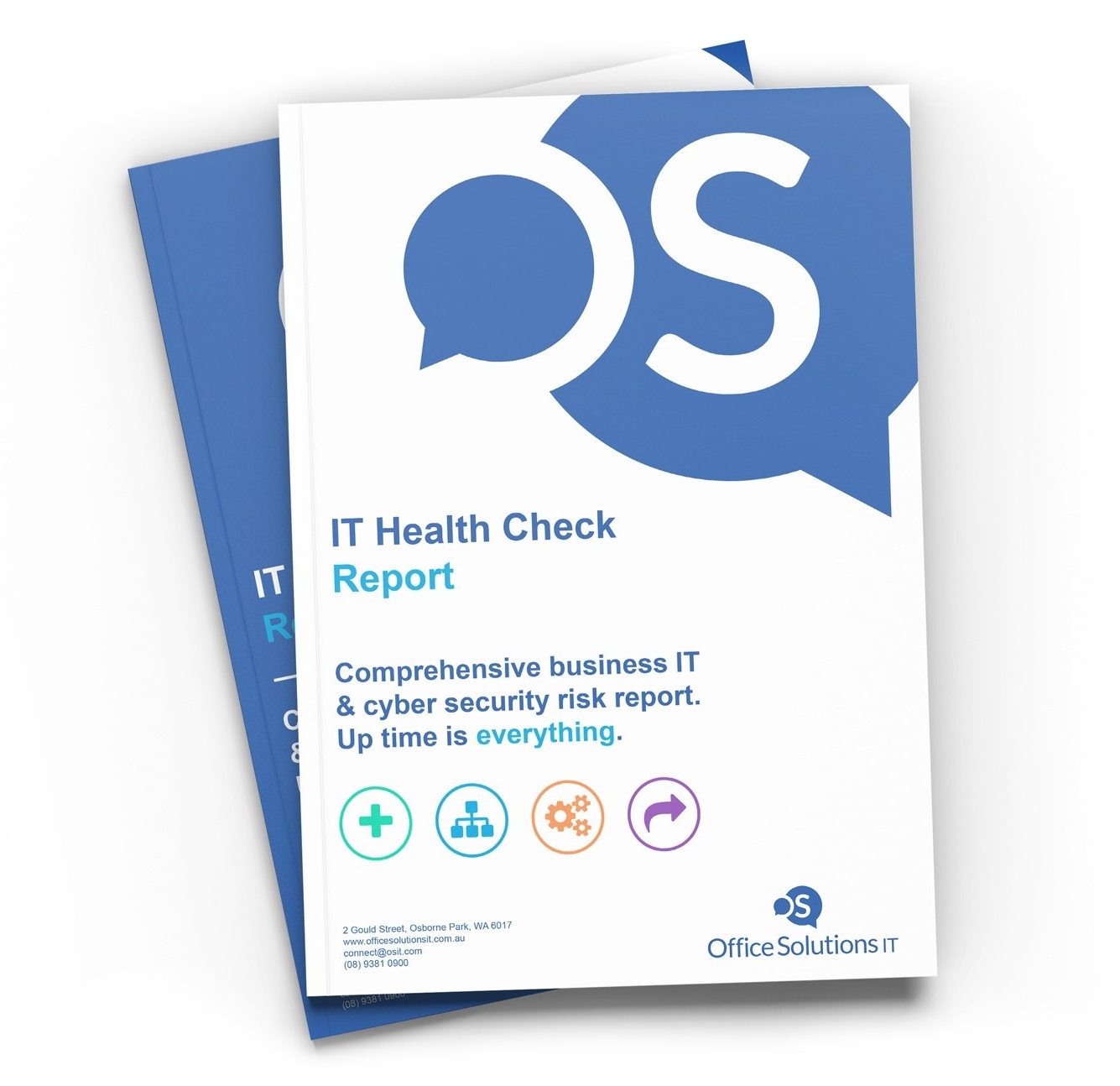In our many years as a cyber security services company, we find that it's only natural for a computer to start to slow down over time. But if you notice programs that used to perform well are now starting to act unusual, this could be a sign of a virus infecting your computer. There’s nothing worse than having your work disrupted by a computer virus that will corrupt your data or steal it.
If your computer gets infected, you should act fast to mitigate risks before the issue gets worse.
It’s important to understand how some computer viruses can bring severe damage to your device, data, and even your personal information.
So, how can you be sure if your computer is infected with a virus?
The best prevention of computer viruses is to know what you’re up against.
Here are the things you need to know to protect your data and devices in the best way possible.
![1809_i216_040_f [Converted]](https://www.officesolutionsit.com.au/hs-fs/hubfs/1809_i216_040_f%20%5BConverted%5D.png?width=474&name=1809_i216_040_f%20%5BConverted%5D.png)
What is a computer virus?
A computer virus is a type of software that spreads throughout your computer and will either disrupt the performance of your device, steal your data, or wreak havoc on your software.
You can imagine a virus like the flu. The flu makes you sick, it keeps you from operating normally, and you would need to take some strong medication to get rid of it.
A computer virus works the same.
It will infect your computer’s programs and data, altering its performance and affecting your work. Worst-case scenario, it will damage programs, delete files, and reformat your hardware.
Effects vary on the type of virus. While damages your computer, some replicate and affect network traffic or other devices that will connect to the infected computer.
All in all, computer viruses, whether big or small, disrupt device programs, eat computer memory and damage hardware performance.
Types of computer viruses
Worms
A worm is a malware that spreads from device to device without the need for human interaction. Worms are usually in the form of email attachments and instant message links. Once opened and installed in the computer, it sneakily infects the computer with no warnings.
Trojans
A trojan is a malicious software that looks like a legitimate attachment or application to control your computer and its data. Once opened or downloaded, the malware either damages, steals, or harm your data and network.
Trojan malware can also infiltrate other devices in your network and cause damage depending on the type of Trojan malware you have.
Ransomware
Ransomware is a type of malicious software that takes control of the affected device by encrypting your data (documents, emails, photos, financial information) and holding them hostage in exchange for payment. Although ransomware can spread through computer viruses, it is often infecting computers through phishing emails in the form of attachments.
Learn more about Ransomware and its dangers.
How to know if your computer has a virus
There will always be telltale signs of a virus trying to wreak havoc on your device.
Here are a few of them:
Surprising pop-ups
Have you experienced those pesky ads that show up out of nowhere while you’re browsing the internet?
Now imagine that happening on your computer all the time.
Although they might seem harmless, these unwanted pop-ups (either spyware, virus, or malware) can affect your computer’s performance and data security.
So when these surprising pop-ups suddenly start showing out of nowhere and you ask, "do I have a computer virus?"
The answer is YES.
Slow computer performance
There are a lot of factors that slow up a computer’s performance. Age, hardware, and insufficient memory are just a few. But computer viruses could also be the culprit.
One of the major side effects of a virus is it slows down your devices... by a lot.
Viruses work their evil by running in the background, which prevents your computer from running at optimum speed. If you start to notice your computer taking its sweet time to boot up or open programs, there is a chance it has caught a virus.
Unusual behaviour
If your computer is suddenly acting weird, missing files, opening mysterious programs, or showing unknown apps and files out of the blue, then there is a great possibility your computer is infected. These notable changes on your PC are one of the most common signs of such.
So how does a computer virus work?
Once the virus has reached your system files, it will start to take control of your computer system remotely, affecting its functionality, sometimes leaving the entire system nonfunctional at all. The virus enables the hacker to take control of the infected computer, and when that happens, the sky is the limit to what they can do.
Program and file issues
Program and file issues are not the only signs that your computer has a virus, although it’s one of the most common. If your computer is showing these signs, there is a chance it might be infected:
- Your hard disk is showing an unusually high activity rate even if you’re not using it or malfunctioning.
- You have full storage space even if you only have low storage occupancy.
- Your programs and applications don’t start.
- Your contacts are receiving unusual messages from you with attachments or links.
Your computer is usually the first one to know if it’s infected. If you have trusty anti-virus software, it will show warnings of malicious files or provide ways to optimise your computer’s system performance after a full scan. Take your computer’s warnings seriously. Ensure to take the necessary action once you get these notifications to save yourself from future hassles.
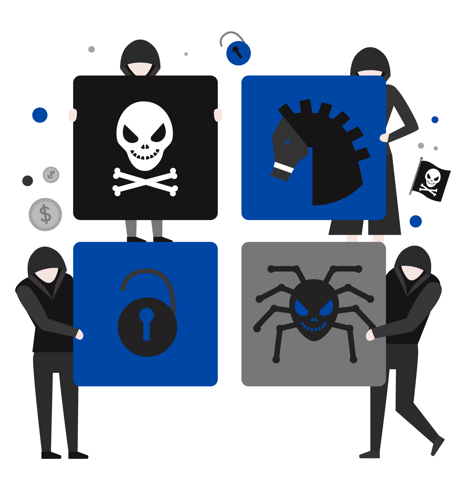
How to get rid of viruses on your computer
The first defense against computer viruses is to learn the basic internet safety rules: knowing what to avoid, what you’re up against, and what you can do to defend yourself.
Even before a virus can infiltrate your PC, you should have trusty anti-virus software installed on your device. But having one doesn’t guarantee full protection. Frequent scans and updates are needed as well. Malware and viruses are getting stronger by the day, so your protection software should be able to keep up with it.
A computer without any protection against viruses and malware is like an open welcome mat to disaster. Good anti-virus software should have real-time malware and vulnerability detection, firewall, data and traffic encryption, screen blockers, and email and phishing protection. Ideally, your anti-virus should protect you from computer viruses (of all kinds) by safeguarding your data and network.
If you’re an organisation looking to protect your assets from cybercriminals, talk to your Managed Security Provider or in-house IT team to explore the best options for your business.




